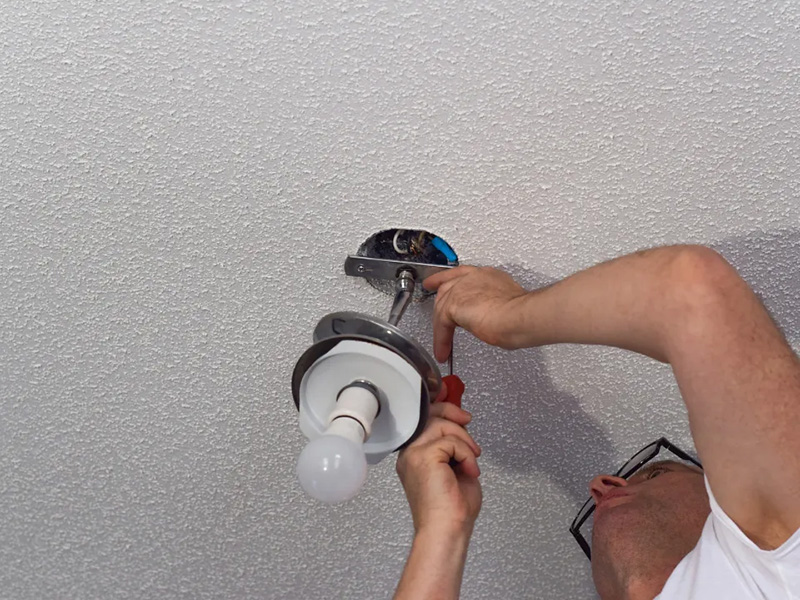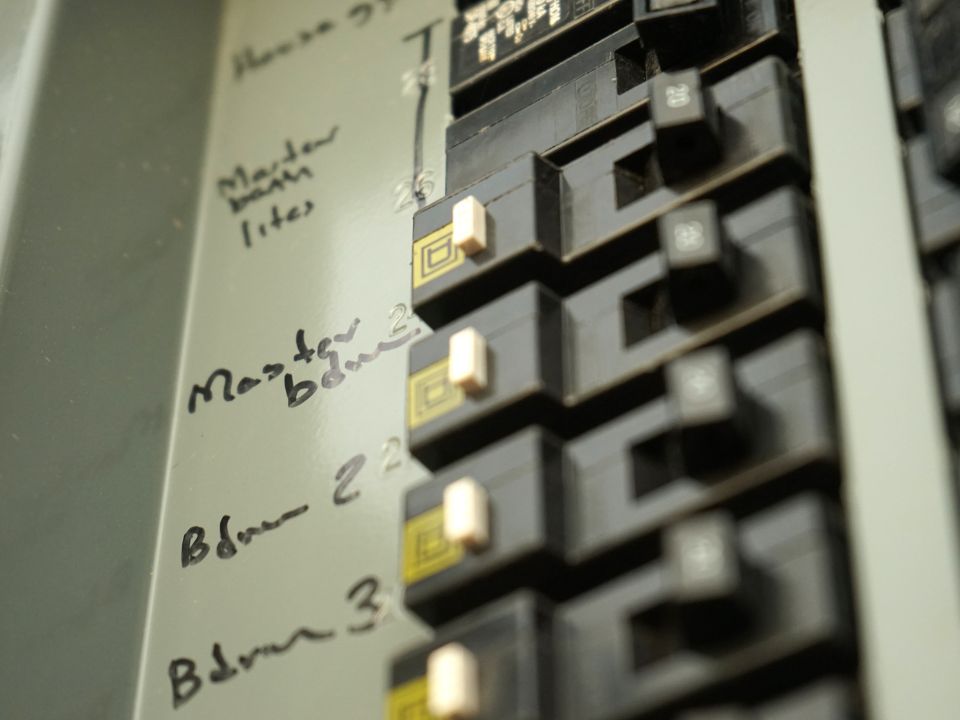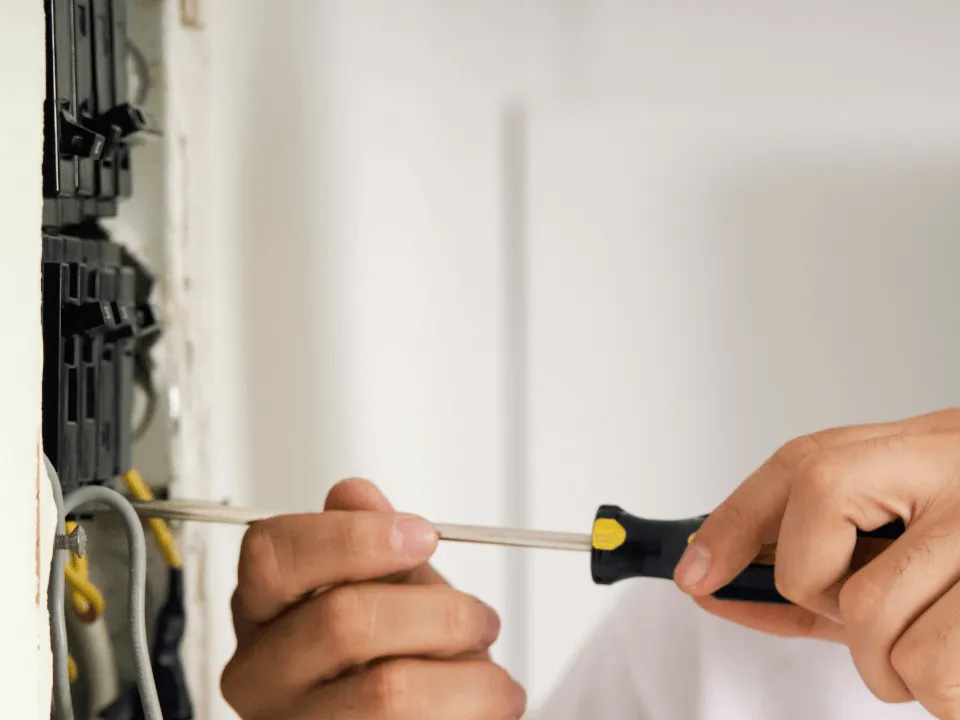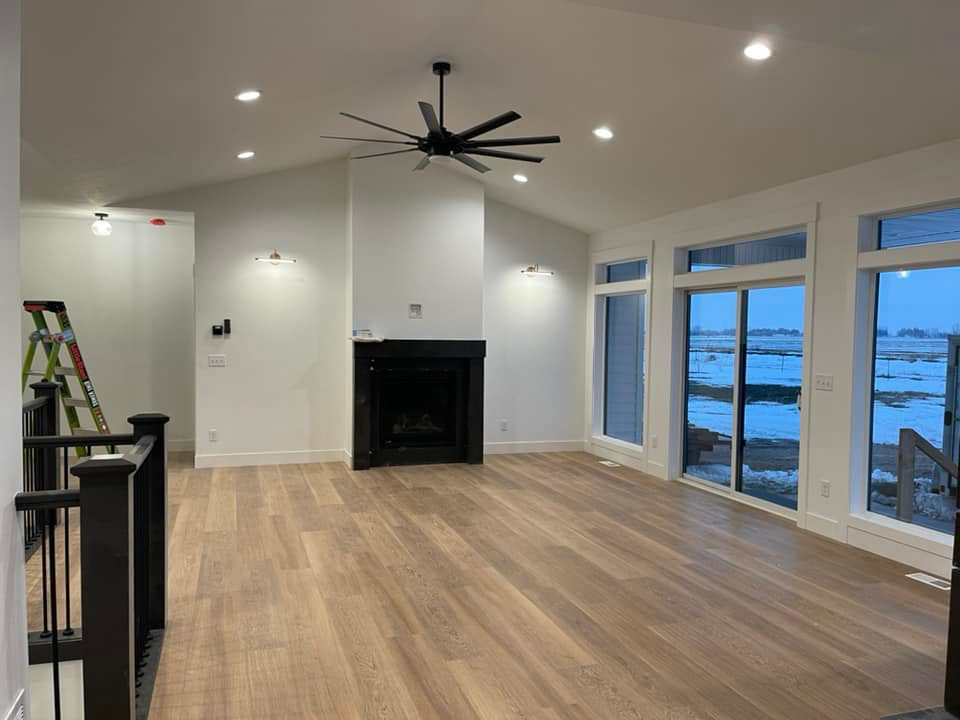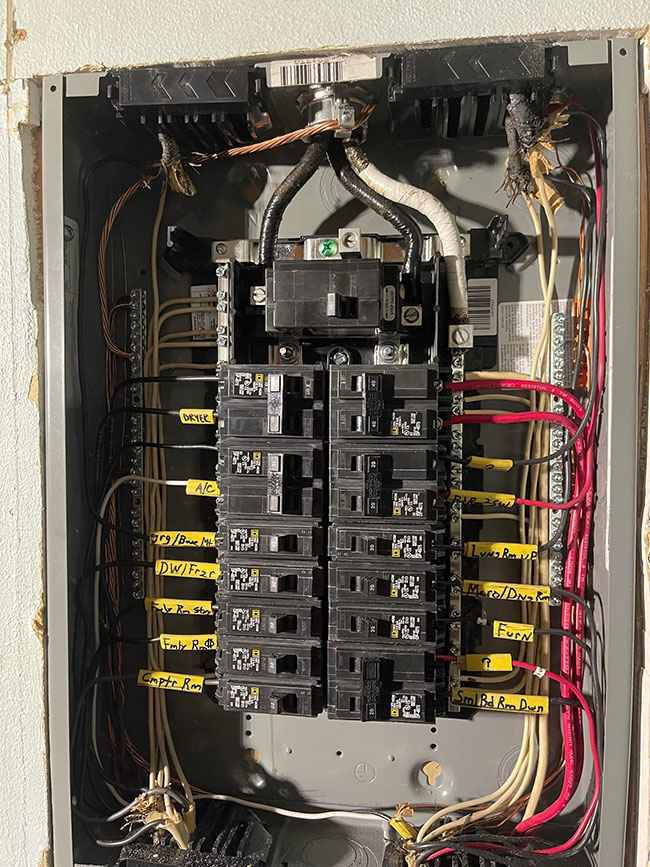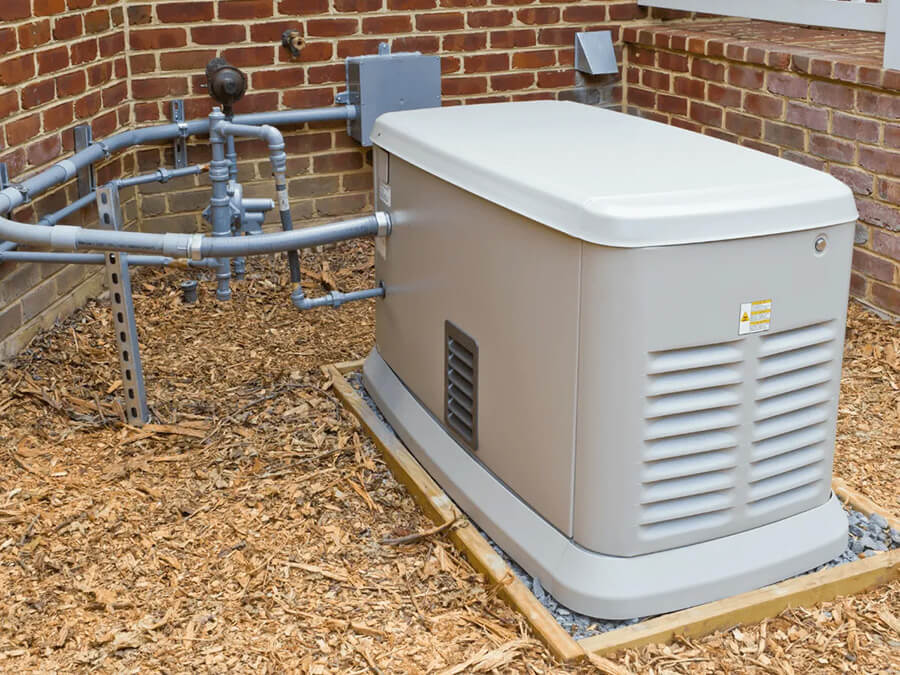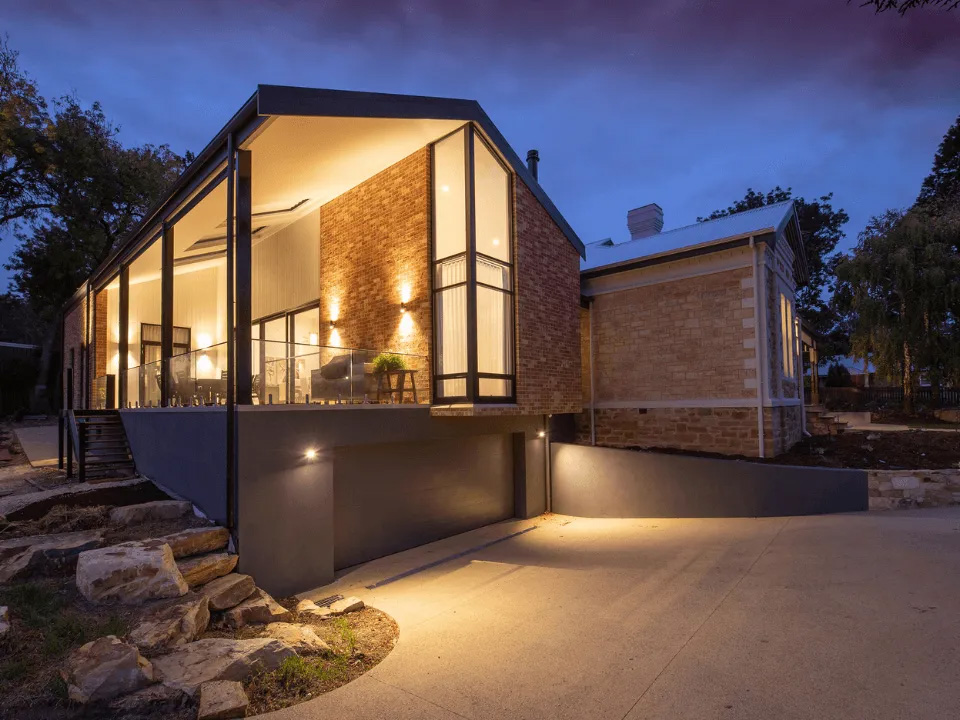How Modern Appliances Are Overloading Older Home Electrical Systems
Many older homes were not designed for today’s power-hungry appliances. Items like smart refrigerators, electric dryers, and high-efficiency heating systems all draw more electricity than older systems were built to handle. As new technology becomes part of daily life, electrical systems can quietly fall behind. When power demand increases faster than system capacity, safety and performance issues often follow.
Why Older Electrical Systems Struggle With New Appliances
Homes built years ago were designed around simpler electrical needs and fewer high-demand devices. Today’s appliances often run longer, draw more power, and operate at the same time throughout the day. This steady demand places constant pressure on older systems.
Common challenges include:
- Panels with limited capacity
- Wiring not rated for higher electrical loads
- Fewer dedicated circuits for large appliances
Over time, these limitations make it harder for the system to safely distribute power.
Appliances That Put the Most Strain on Electrical Systems
Not all appliances use electricity the same way. Some require large bursts of power when starting, while others draw steady energy for long periods. This combination can overload systems that were never designed for such use.
Appliances that commonly strain older systems include:
- Electric ranges and ovens
- Washers and dryers
- Heating and cooling equipment
In many homes, modern appliances overloading old electrical systems is a common reason for breaker trips and electrical performance issues.
A licensed electrician can assess how these appliances interact with your system and recommend safe upgrades.
Warning Signs Your System Is Being Overloaded
Electrical systems usually give warning signs before serious damage occurs. These signs may start small but often become more frequent as power demand continues to rise. Ignoring them increases the risk of long-term damage.
Common warning signs include:
- Breakers tripping when appliances run
- Lights dimming during appliance use
- Outlets or switches feeling warm
A professional Rexburg ID electrician can inspect these symptoms and identify whether your system is overloaded or improperly balanced.
How Electrical Upgrades Help Balance Power Safely
Upgrading electrical systems allows power to be distributed more evenly and safely across the home. This reduces strain on wiring, panels, and appliances, especially during peak usage times.
Benefits of upgrades include:
- Better support for modern appliances
- Reduced stress on existing wiring
- Improved safety and system reliability
A qualified electrician can recommend panel upgrades, added circuits, or wiring improvements based on how your home uses power daily.
Conclusion
Modern appliances bring comfort and convenience, but they also demand more from electrical systems. Addressing overload issues early helps prevent safety hazards, appliance damage, and unexpected outages. With proper upgrades, older homes can safely support today’s technology.
At Platinum Electric, we help homeowners modernize their electrical systems safely and efficiently.
Protect your home from overload issues. Call Platinum Electric today at (208) 403-3040 to schedule your free estimate and keep your electrical system running safely.
We also provide services to Blackfoot, Collins, Chubbuck, Idaho Falls, Ammon, Rexburg, Jackson, Island Park, Shelley, Iona, and all surrounding areas.…
How Modern Appliances Are Overloading Older Home Electrical Systems Read More »


